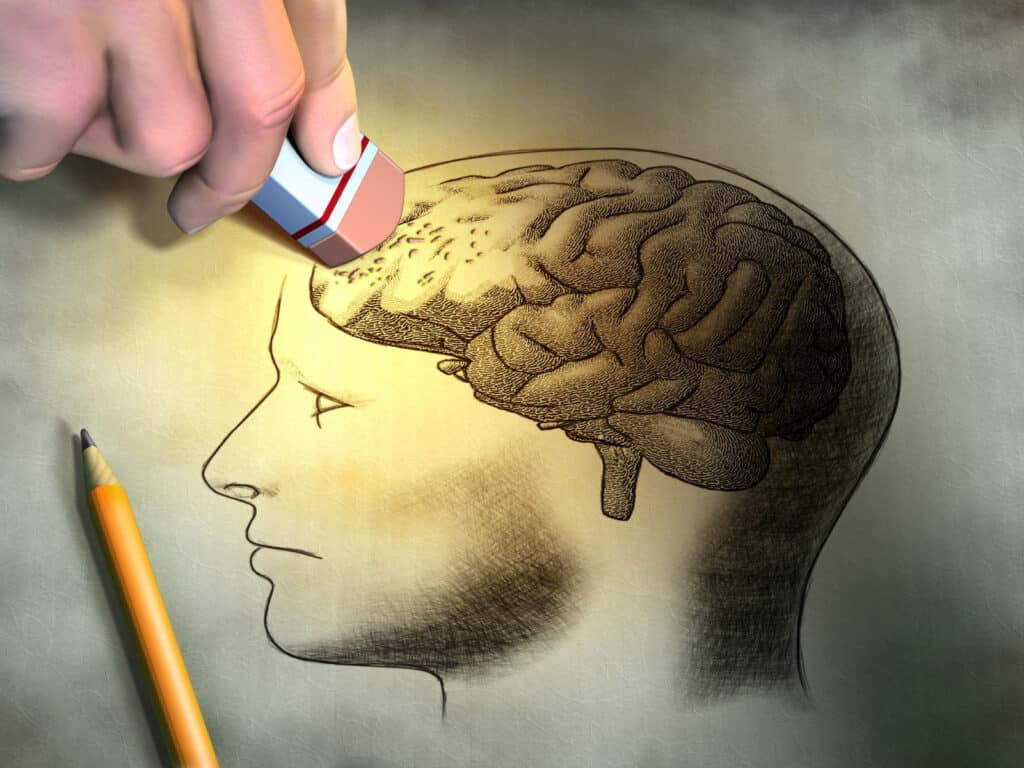- 98143 70700
- info@thehermitage.rehab
- 22, Circular road, Opp. VR Ambarsar, Amritsar
Dementia is a neurological disorder related to the working of your memory and thought processes but not every issue related to memory comes under Dementia. It is a disease of forgetfulness, crippling you through your life without your realization.
It is not a stand-alone disorder and has a few subtypes that occur due to various underlying causes. Some of these types are;

There may be many causes for the succession of symptoms like this disease and if these underlying causes are dealt with, there are great chances for the signs of this disorder to subside. Some of these causes are;
Respiratory Issues
AIDS
Down Syndrome
Depression or Anxiety
Drugs or Smoking
Patients with this disorder usually lack insight as to how the disease progressed and it is the family who starts noticing the changes in the patient and can identify the signs and symptoms get best treatment by contact us. During this time, if the family seeks out help immediately, with early intervention and diagnosis, maximum harm reduction can take place, and the progression of the disease can be slowed down.
Dr. JPS Bhatia, a renowned psychiatrist in Amritsar, Punjab, and his team of Psychiatrists, Psychologists, and Nursing staff with salient certifications have been helping patients and families suffering from this disease for a long. We offer pharmacological interventions and psychotherapies to work on insight-building in a patient with this disorder. Cognitive Rehabilitation, Reminiscence Therapy, Cognitive Stimulation Therapy, Reality Orientation Training, rTMS, and much more are used in a calm and supportive environment for maximum results.
With appropriate management techniques, patients with this disorder can undergo marked improvement in their symptoms and can lead their lives with dignity and self-respect.
WhatsApp us